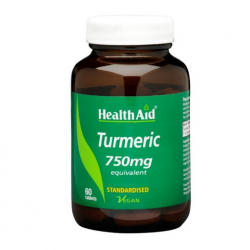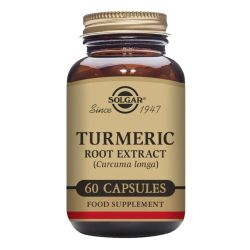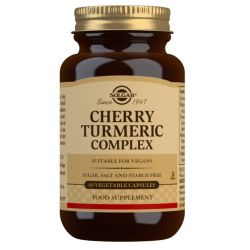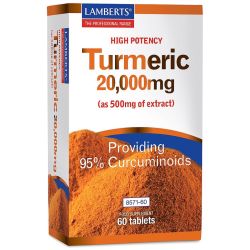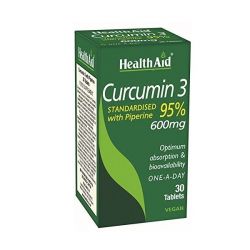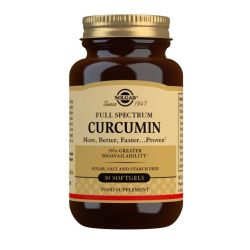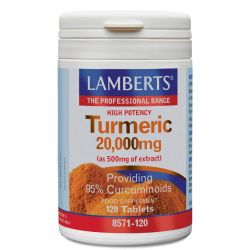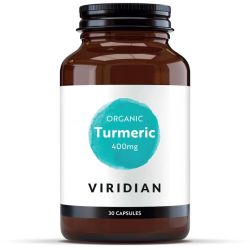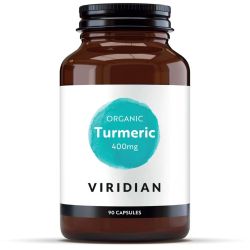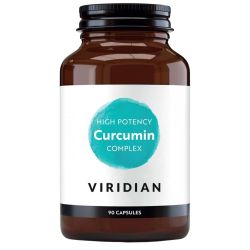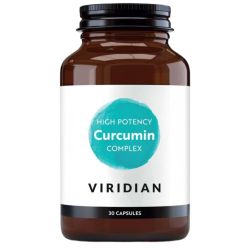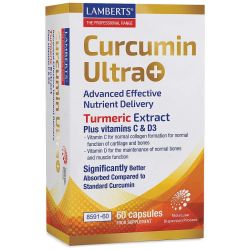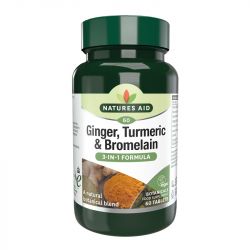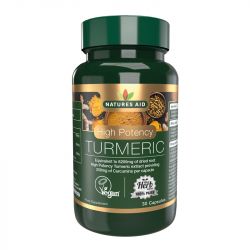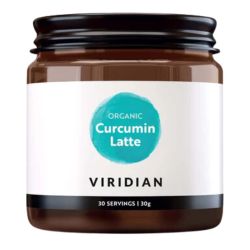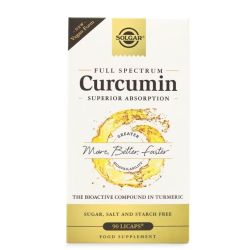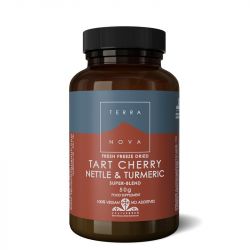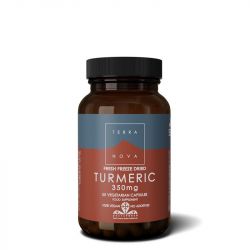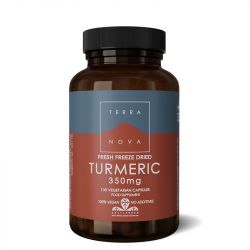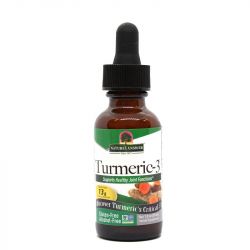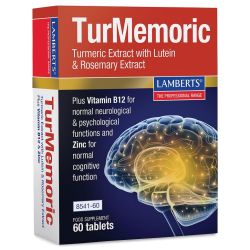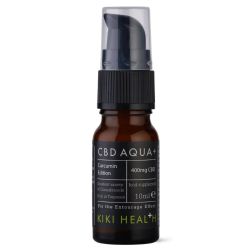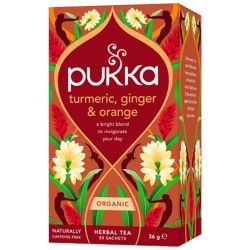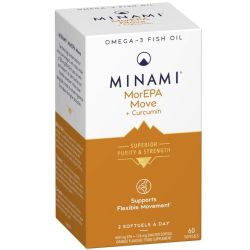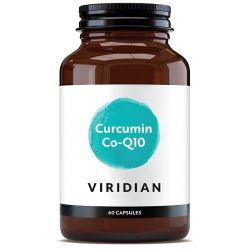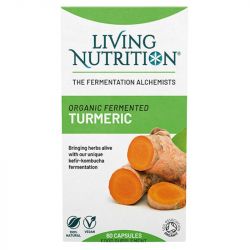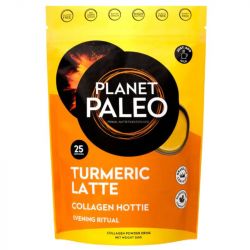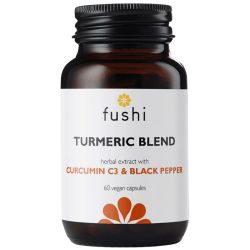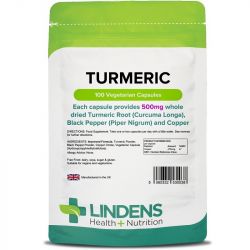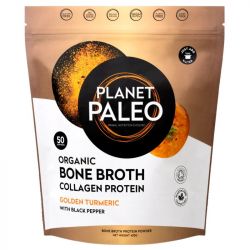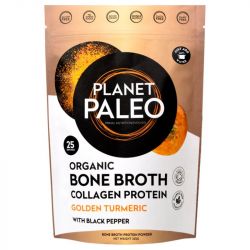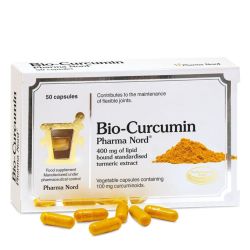Turmeric Tablets, Capsules & Gummies
Turmeric, scientifically known as Curcuma longa, is a flowering plant belonging to the ginger family, native to South Asia. It has been used for centuries in traditional medicine, particularly in Ayurvedic and Chinese practices, for its numerous health benefits. The active compound in turmeric, curcumin, is responsible for many of its therapeutic properties.
Curcumin is a powerful antioxidant and anti-inflammatory agent that has been extensively studied for its potential role in managing a variety of health conditions, including arthritis, joint pain, cardiovascular disease, and neurodegenerative disorders such as Alzheimer's disease and dementia.
Research indicates that curcumin may help reduce the risk of cognitive decline by modulating inflammatory pathways and protecting brain cells from oxidative stress. Its ability to cross the blood-brain barrier allows it to exert protective effects on neuronal health, potentially delaying the onset and progression of neurodegenerative diseases. Additionally, curcumin has been shown to inhibit the formation of amyloid plaques, which are characteristic of Alzheimer's disease, further suggesting its potential as a preventative measure against cognitive impairment. In the realm of joint health, curcumin is celebrated for its anti-inflammatory effects, which can alleviate symptoms of osteoarthritis and rheumatoid arthritis, providing relief from pain and improving mobility.
- Terranova Tart Cherry, Nettle & Turmeric Super-Blend Powder 50gSpecial Price £19.76 Regular Price £24.70
- Fushi Wellbeing Turmeric C3 & Bioperine Extract (500mg High Strength) Veg Caps 60Special Price £17.60 Regular Price £22.00
- Lindens Turmeric 500mg with Black Pepper and Copper Vcaps 100Special Price £8.79 Regular Price £10.99
- Planet Paleo Organic Bone Broth Collagen Protein Golden Turmeric 450gSpecial Price £41.64 Regular Price £48.99
- Planet Paleo Organic Bone Broth Collagen Protein Golden Turmeric 225gSpecial Price £25.49 Regular Price £29.99
All you need to know about Turmeric & Curcumin
Which Is The Best Turmeric Supplement To Take?
For a sustainably harvested and organic turmeric powder, try Kiki Health.
For a vegan turmeric extract complex, pick BioCare.
What are the benefits of turmeric?
Turmeric is one of the most beneficial natural spices out there, with evidence suggesting that it has benefits for both mental and physical health. For thousands of years it has been used in Indian cooking to flavour curries. The spice contains many compounds that have medicinal benefits, of which the most notable is curcumin – a powerful antioxidant with anti-inflammatory properties. Just eating turmeric in cooking though isn't enough to receive the full benefit of curcumin, which is why some people choose to take a turmeric supplement. Turmeric helps to boost the immune system and help your body fight foreign bacteria. It also helps to reduce inflammation that is linked to chronic diseases like metabolic syndrome, cancer and heart disease.
Can I take a turmeric supplement every day?
A person should take no more than 1.4mg of turmeric per pound of their body weight on a daily basis. We don't advise taking a dosage that is higher than this, or taking turmeric supplements for extended periods of time. Always speak to your GP before taking turmeric supplements to treat inflammation that is associated with a chronic condition.
Are there any medications I shouldn't be taking with turmeric?
If you are taking either blood-thinning medications, or medications that reduce the amount of acid in the stomach, you shouldn't take turmeric supplements, as they may counter the effects of these medications, raising the risk of bleeding and/or increasing the production of stomach acid. Those with diabetes should also not take turmeric supplements, as they may increase the effects of drugs that lower blood sugar. Always speak to your GP before combining medications with supplements.
Can turmeric boost sex drive?
Yes! Studies have shown that turmeric can boost your sex drive by increasing testosterone levels in men. In ancient Indian culture, turmeric has long been used as an aphrodisiac and as an aid for boosting sex drive in post-partum women.

